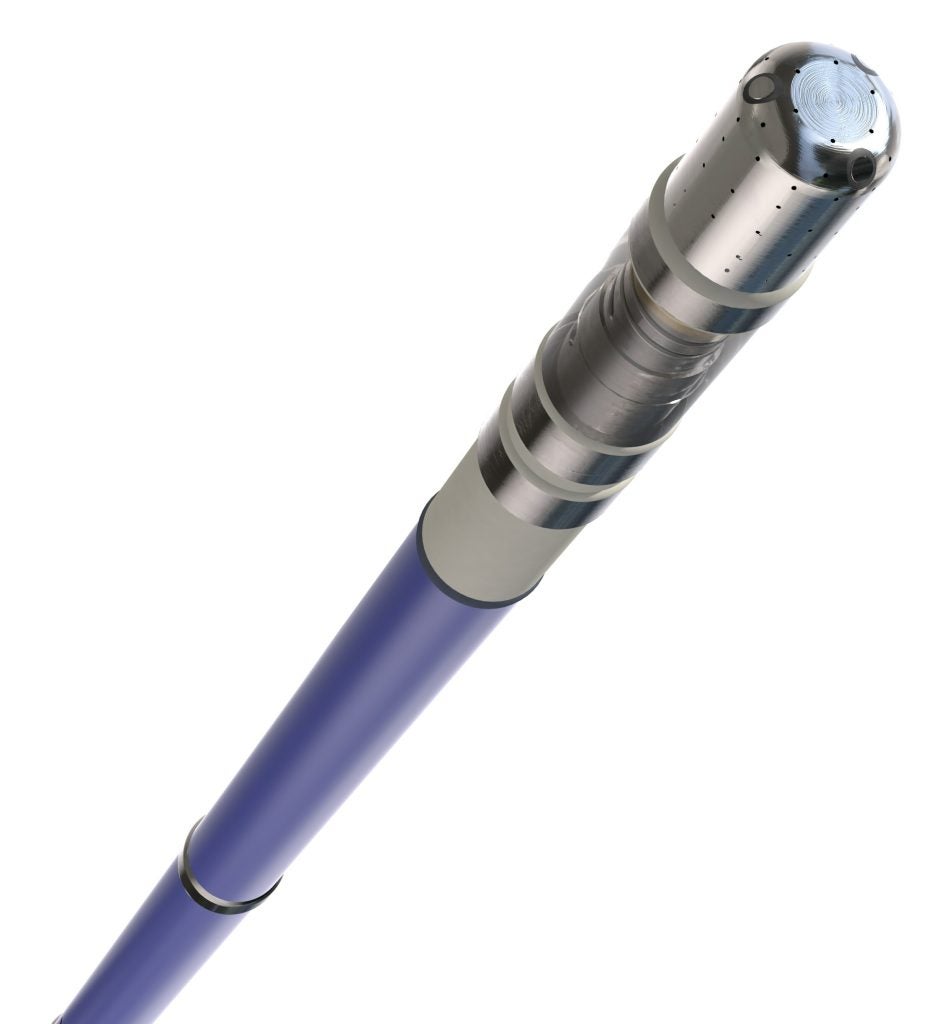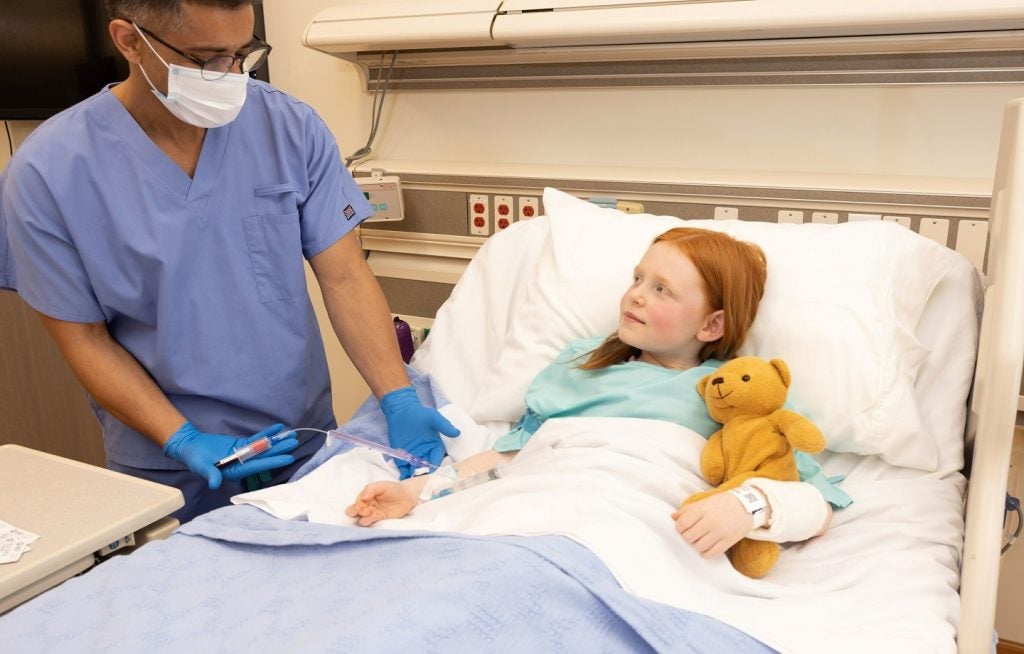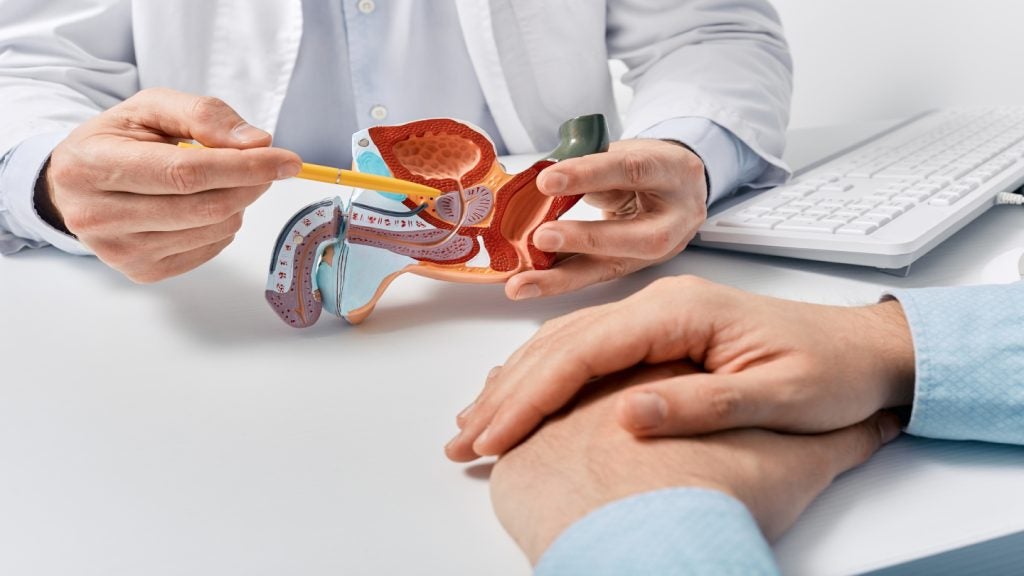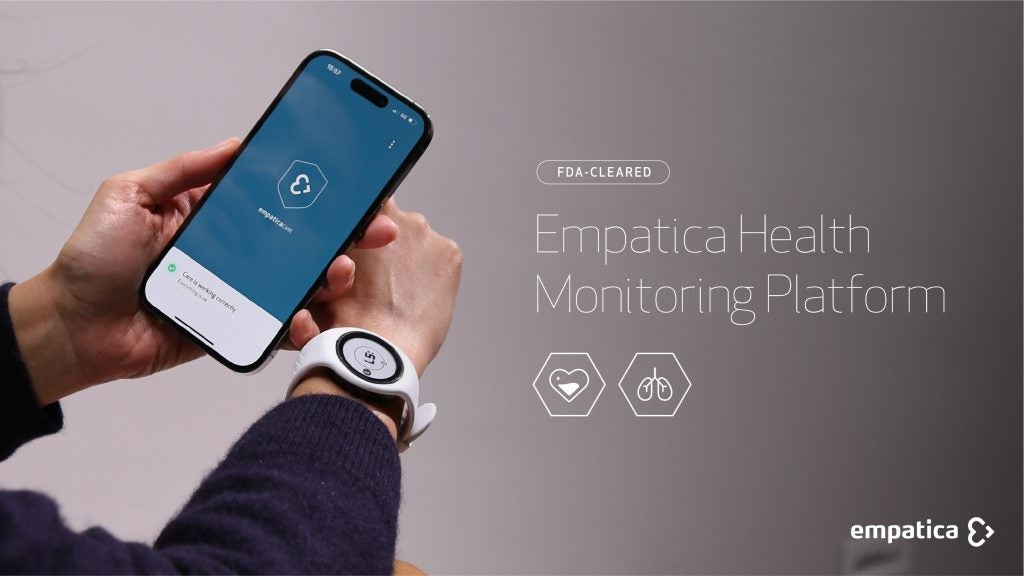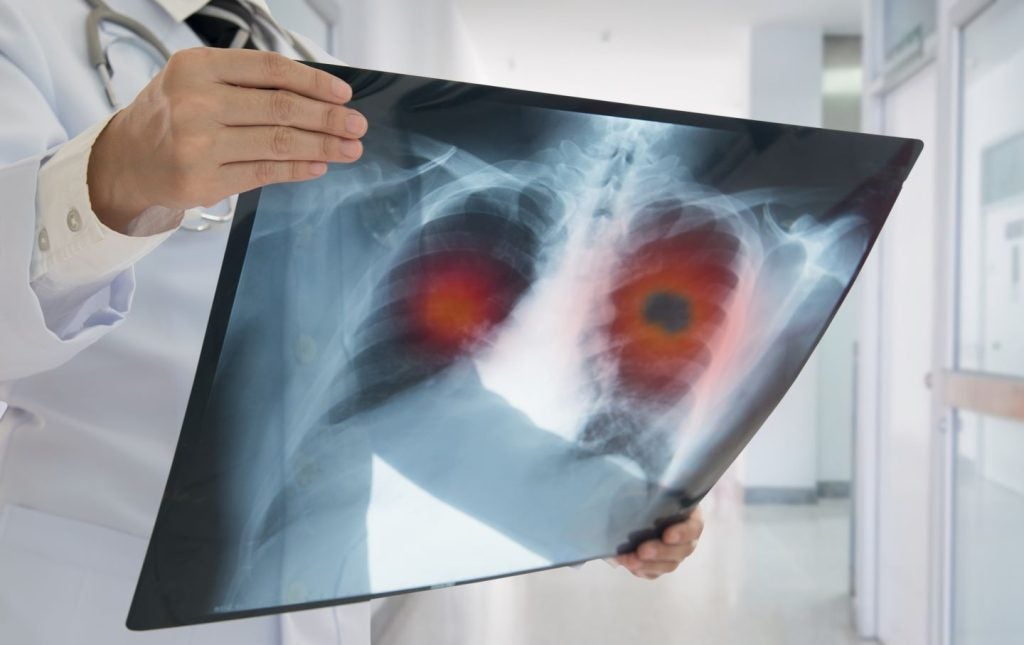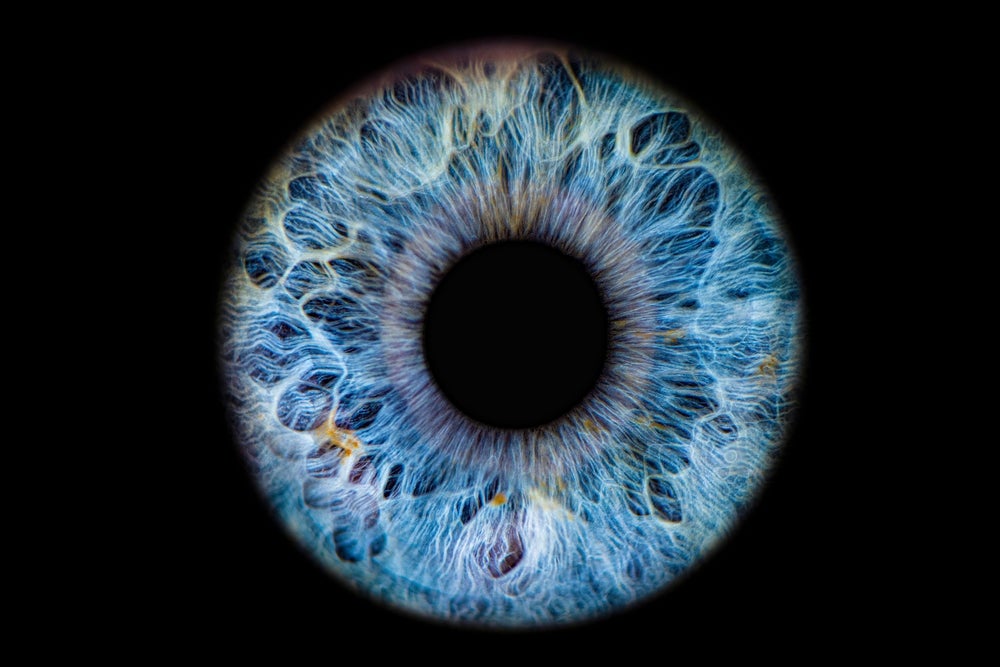Biosense Webster a subsidiary of Johnson & Johnson MedTech recently unveiled the outcomes from its Q-FFICIENCY 12-month study, published in the Journal of Cardiovascular Electrophysiology.
The research revealed the efficacy of the QDOT MICRO Catheter in improving the management of atrial fibrillation (AFib) symptom relief, and overall better quality of life for patients.
The Q-FFICIENCY study evaluated the safety of the catheter over a 12-month period. It indicated a 99% improvement in AFib control and a 93.1% reduction in AFib symptoms, compared to baseline figures, culminating in 87.9% enhancement in overall quality of life for patients.
One of the authors of the publication, Dr. Ayman A. Hussein Director of Cardiac Electrophysiological Outcomes Research and Director of the Center for Atrial Fibrillation at the Cleveland Clinic said: “These findings highlight the advantage of treatment with the QDOT MICRO Catheter in patients with paroxysmal AFib, demonstrating that patients have fewer symptoms and a significant improvement in their quality of life along with a low incidence of cardioversion and hospitalizations following temperature-controlled radiofrequency (RF) ablation treatment."
Hussein added: "Paired with previously published Q-FFICIENCY study data showing that the unique design of the QDOT MICRO Catheter enhanced efficiency and efficacy without compromising safety, the benefit of treatment with this state-of-the art tool is clear for both patients and physicians."
The catheter enables the delivery of high-power, short-duration ablation, supporting the efficiency of the ablation process. It is able to integrate with CARTO 3 Systems reducing the procedure time while ensuring consistent lesion creation.
Jasmina Brooks, President of Biosense Webster, underlined the impact of AFib on patients' lives and healthcare resources. She said: "As the Q-FFICIENCY study findings demonstrate, use of the temperature-controlled QDOT MICRO Catheter allows physicians to customize treatment for each patient, reduce procedural times, and offer significant benefits to patients through improving their quality of life,".
In February 2023 Biosense Webster received 510(k) clearance for its NUVISION NAV Ultrasound Catheter designed to be used for cardiovascular imaging.


